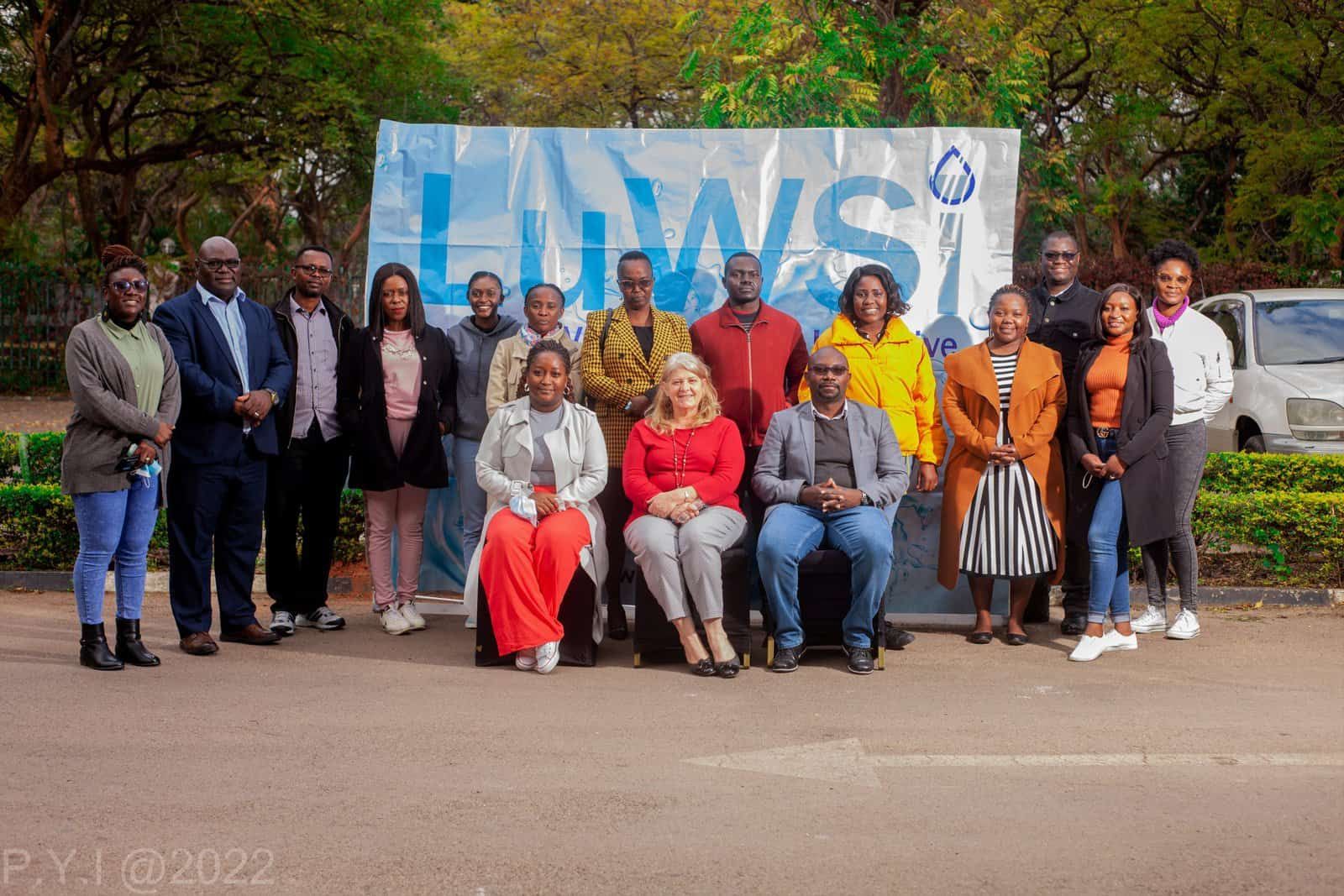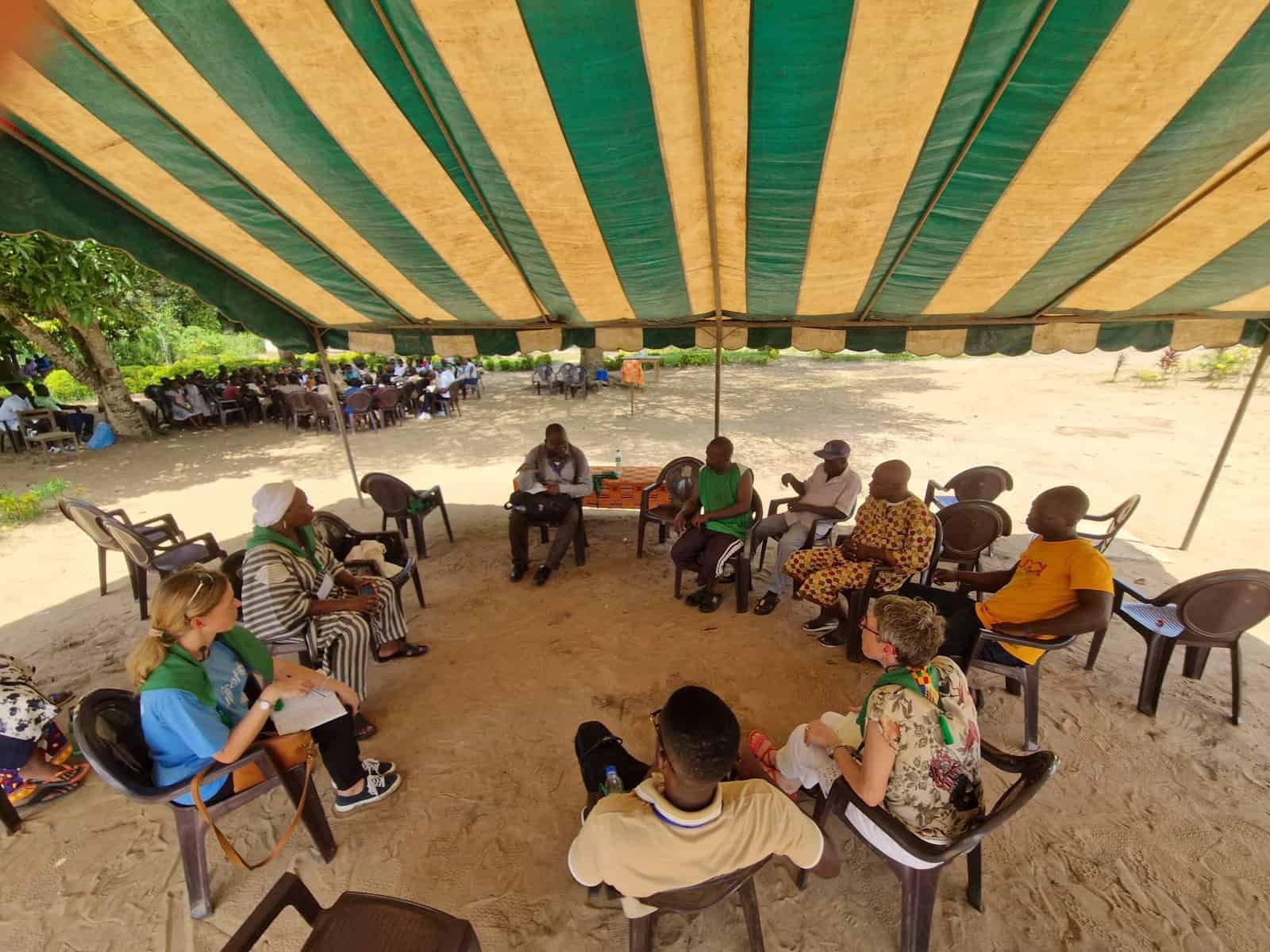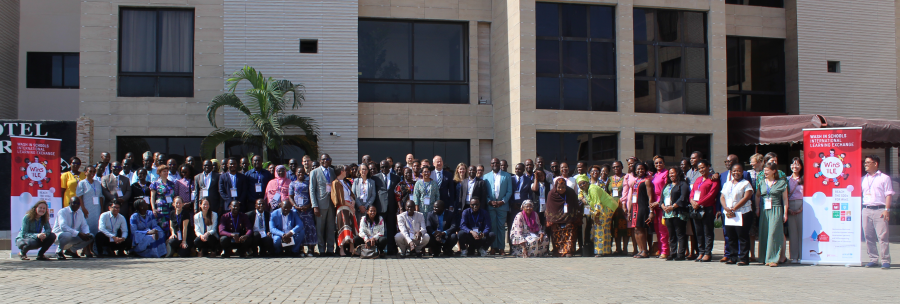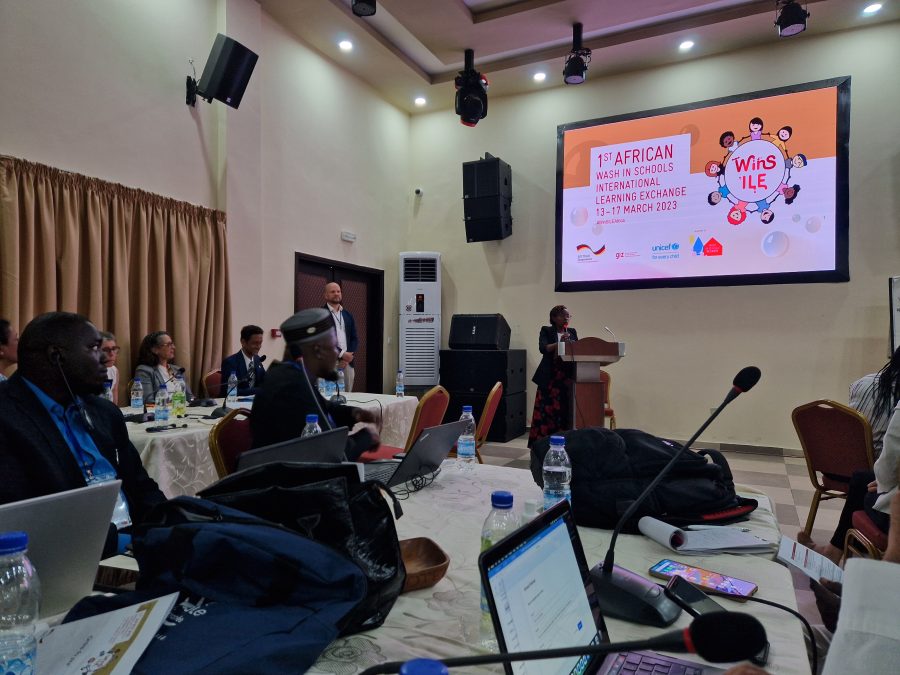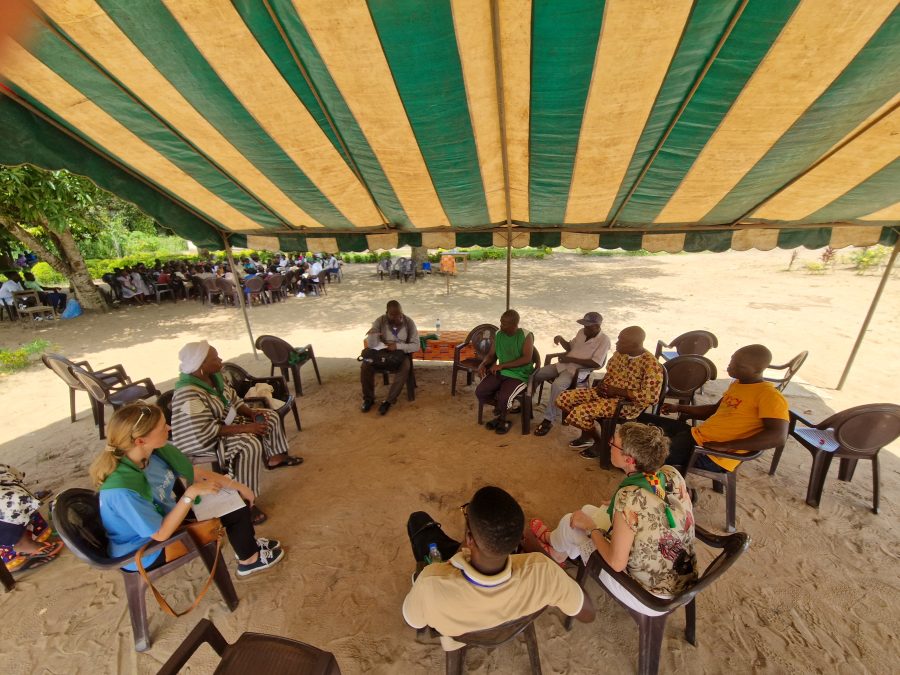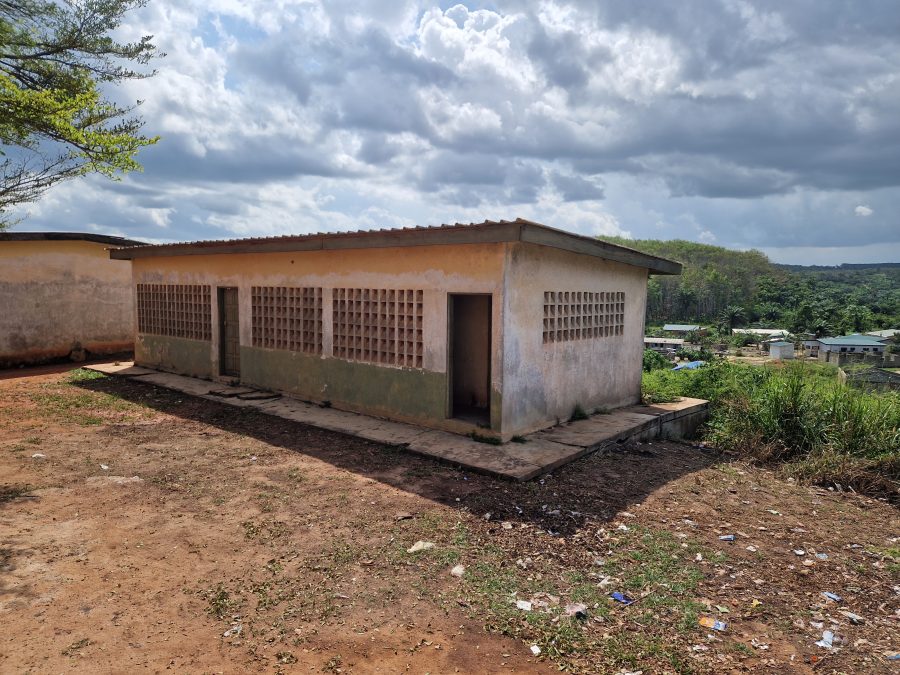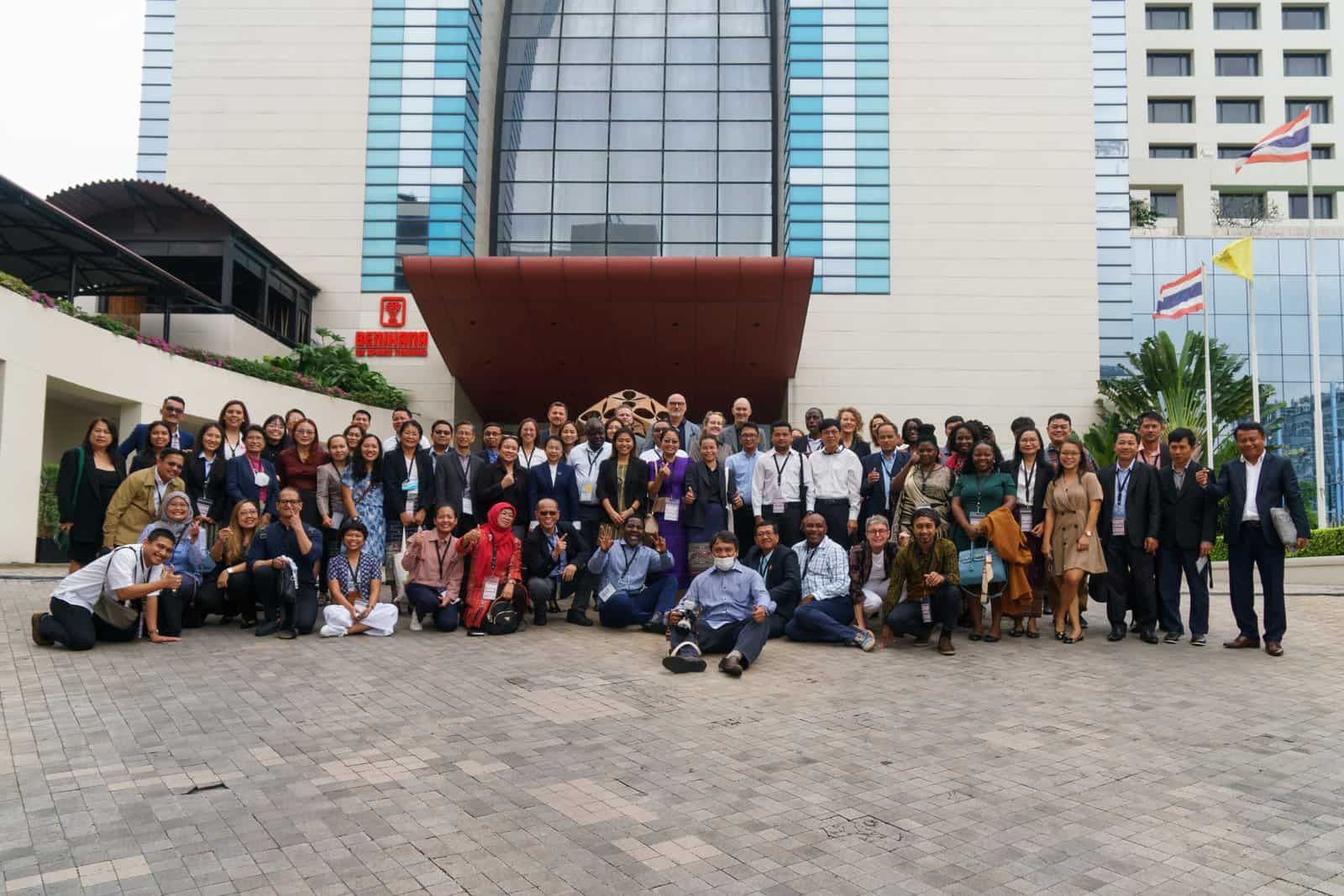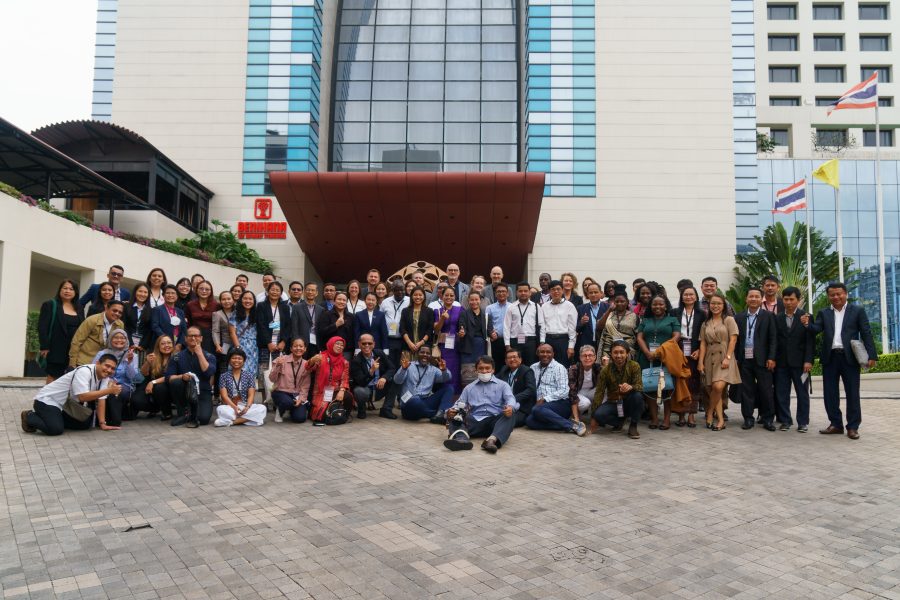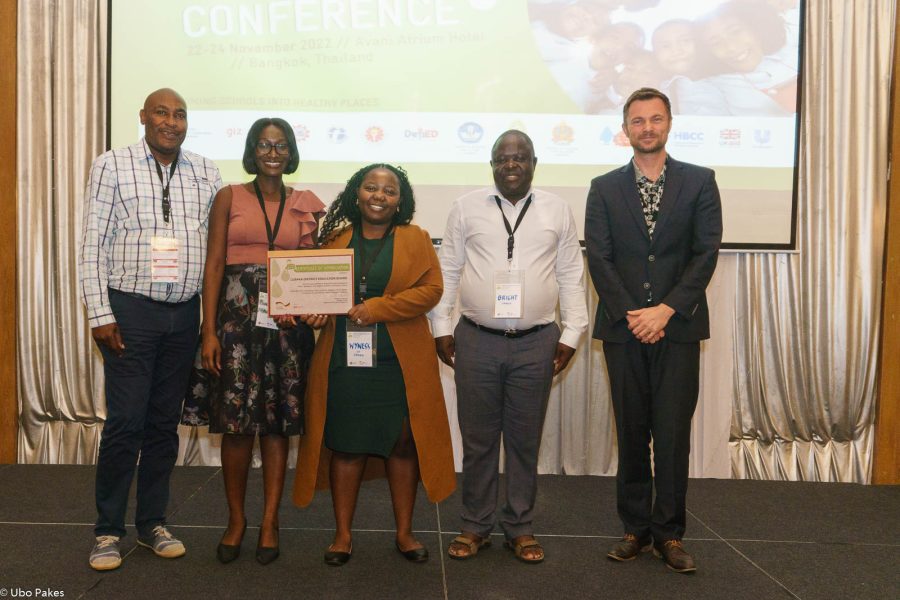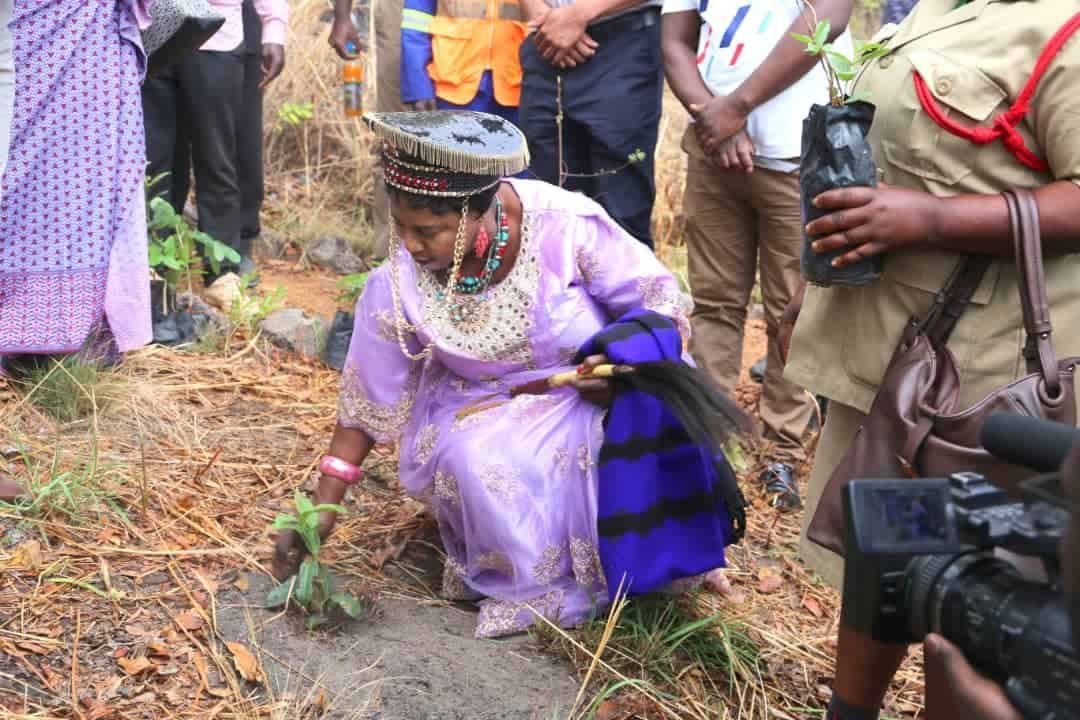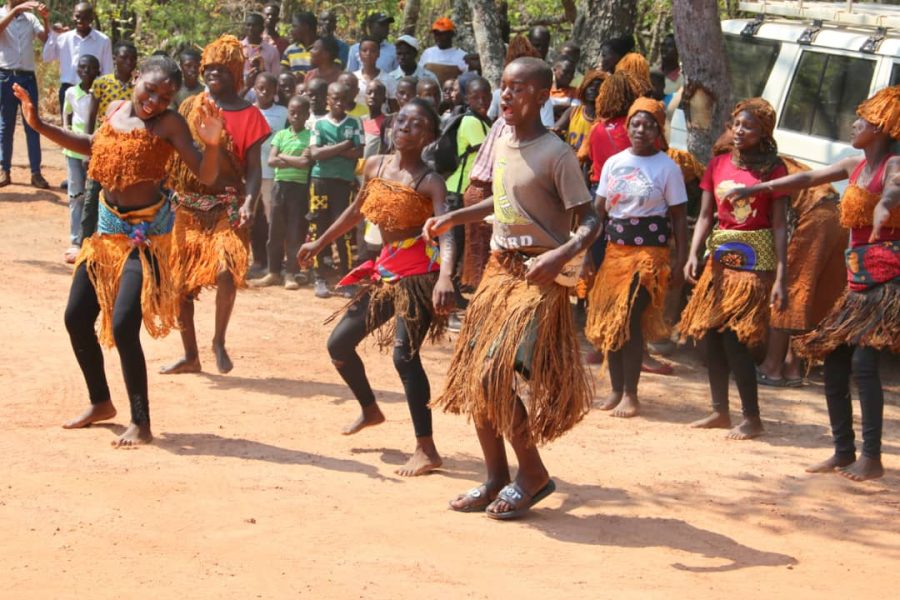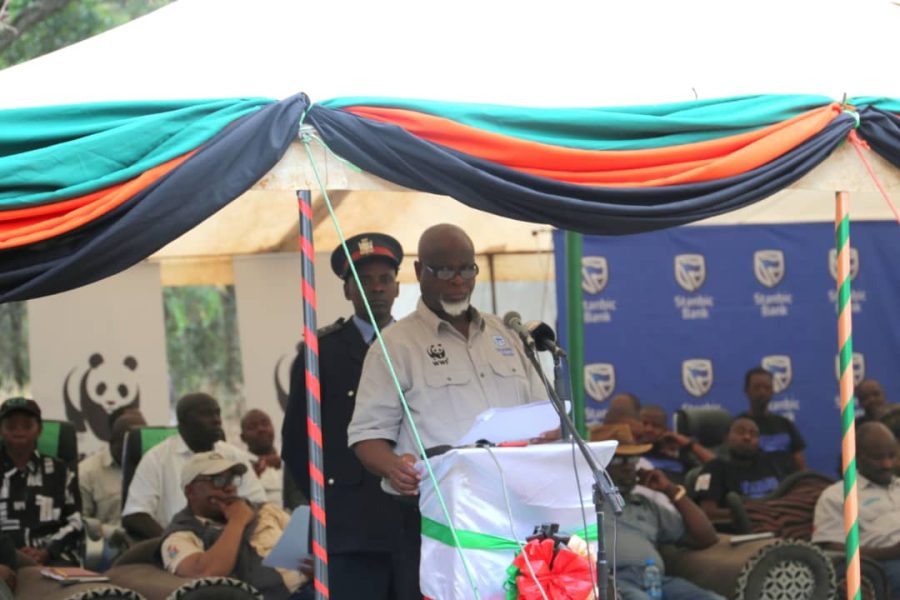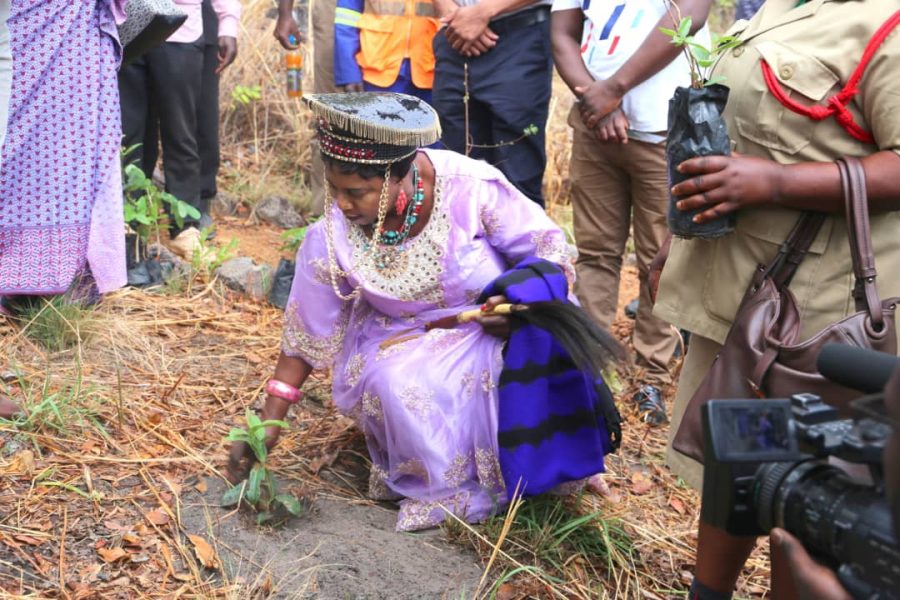A New Impetus for Water Stewardship: The Evolution and Governance of LuWSI’s Multistakeholder Partnership
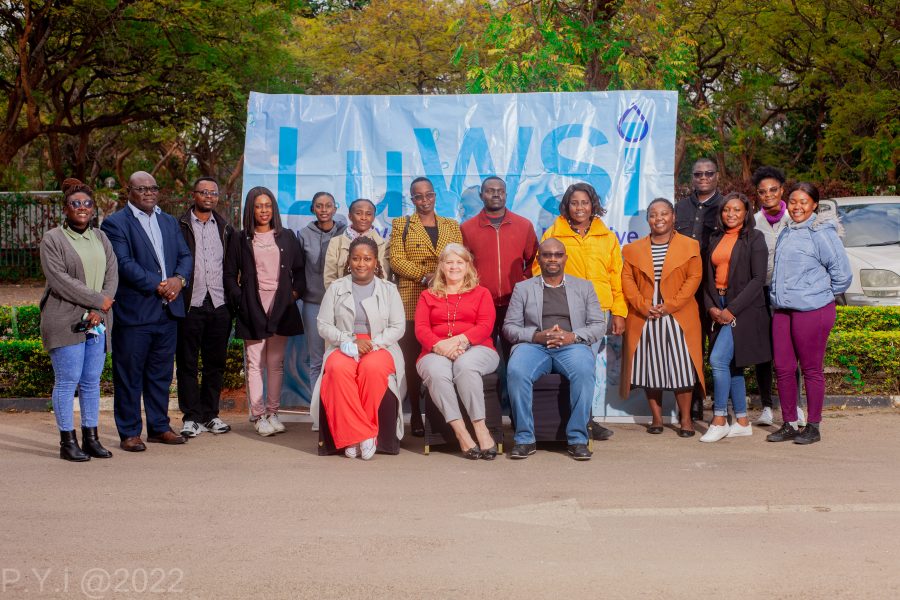
Collaborating for Change: The Organizational Structure of LuWSI
LuWSI is a multistakeholder collaboration platform that brings together public sector, private sector, civil society, and development organizations to work towards achieving water security for the residents and businesses of Lusaka. The partnership engages in dialogue, leadership, analysis, knowledge generation, advocacy, and awareness-raising to plan and develop projects for a healthy and prosperous city of Lusaka.
Growing Together: The Evolution and Governance of LuWSI’s Multistakeholder Partnership
With support from GIZ’s International Water Stewardship Programme (now NatuReS) in 2016, LuWSI has grown from 16 to over 33 partners who collaborate through the platform. LuWSI partners are bound by an MOU signed by the leadership of each organization. The partnership is governed by a Steering Board responsible for overall decision-making. The Technical Committees are responsible for knowledge, advocacy, projects, collaboration, resourcing, and membership. LuWSI’s administrative body is the secretariat, which coordinates the day-to-day affairs of the partnership. The secretariat has two full-time staff and has been housed at the National Water Supply and Sanitation Council (NWASCO) since 2018, one of the founding partners of LuWSI.
Importance of Formalizing the Partnership
LuWSI is a novel multistakeholder partnership for natural resources stewardship in Lusaka. Formalization is vital for its functionality and sustainability. It establishes the partnership as a legal entity, inspiring confidence and conferring legitimacy. Formalization also enables the partnership to manage funds and provide job security for its employees.
The Journey Towards Formalization
In 2017, The Nature Conservancy (TNC) supported a study to assess various options for formalizing the LuWSI partnership. The study evaluated formalization as a trust, a private company limited by shares, a private company limited by guarantee, an association, a non-governmental organization, and a water users association. After careful evaluation, the most viable option was to legalize the partnership as a company limited by guarantee. However, private sector companies and government institutions expressed skepticism, as it was not yet clear what the legal and administrative implications were for each organization that had joined the partnership at that time.
The partnership initially postponed the decision until 2021. In that year, the National Water Supply and Sanitation Council (NWASCO), Lusaka Water Supply and Sanitation Company (LWSC), Zambian Breweries (ZB), and Coca-Cola Beverages Zambia (CCBZ) renewed their efforts to formalize the partnership. These institutions conducted a detailed legal analysis with implications, which alleviated concerns about formalizing the partnership as a company limited by guarantee. This option was deemed the most suitable for LuWSI, as it would enable the partnership to subsist as a well-defined independent legal entity that operates in the best interests of its objectives. It entails stringent fiduciary reporting requirements that are beneficial for accountability, is tax exempt, allows for ease of entry and exit of new members without property transfer, and is not affected by changes in membership, guarantors, and directors. The LuWSI Steering Board reached consensus on this option, and the LuWSI secretariat began registration formalities, resulting in the formalization of the partnership in December 2022.
What Next?
With this new impetus and momentum, the partnership is actively seeking to increase resource mobilization to ensure the functionality of the secretariat and effective coordination of stakeholder engagements and projects. A Partnership wide workshop is scheduled for May 2023 to discuss the prioritisation of activities for the year and resourcing strategies.
Author: Sonile Mutafya, NatuReS Advisor Zambia
